There are many different types of mortgages, and conventional loans are a popular option for many homebuyers. This guide will explain conventional loans and whether they might be a good fit for you.
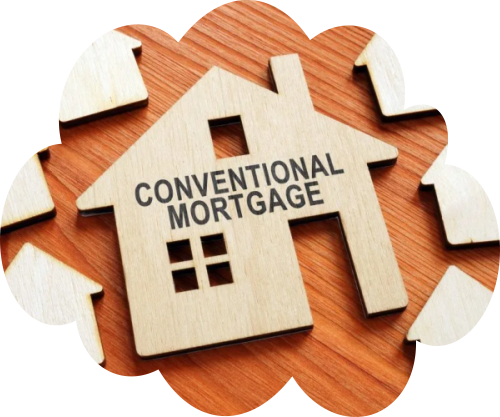
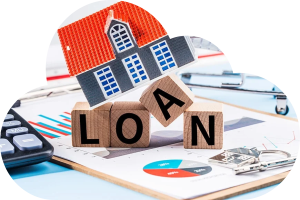
These companies are like giant banks that buy bundles of mortgages in the secondary market, sort them based on risk (like credit scores, loan-to-value ratios, etc.), and then sell them to investors as “mortgage-backed securities.” This allows banks to reinvest in generating more loans because they get their money back quickly.
This is why lenders deny your loan when your scenario or documentation does not conform to Fannie Mae or Freddie Mac guidelines: They can’t recuperate their money until you refinance or sell the house.
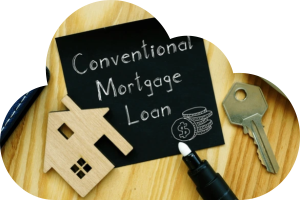
A conventional loan is a broader category than a conforming loan. All conforming loans are conventional loans, but not all conventional loans are conforming loans. Most conventional loans are called “conforming loans” because they follow specific rules set by Fannie Mae and Freddie Mac. However, there are other conventional loans that are not conforming, like Jumbo loans, Bank Statement loans, and DSCR loans.

Conventional loans have a variety of terms, including 10, 15, 20, 25, and 30 years. The shorter your loan term, the lower your interest rate should be. But your monthly payment will be higher because you’re paying off the same loan amount in a shorter time.
Conventional loans are also available as fixed-rate, adjustable-rate, conforming, jumbo, and non-qualifying mortgages.
Just like any other mortgage, conventional loans have specific requirements you’ll need to meet. Here are some of the main things lenders look for:
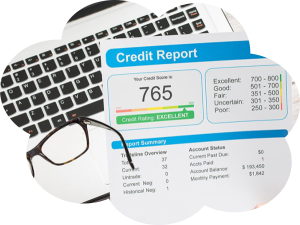
Generally, a score of 620 or higher is required for a conventional loan, but a higher score can mean a lower interest rate.

The minimum down payment for a conventional loan is usually 3%, but putting down more can improve your chances of getting approved and lower your monthly payments.
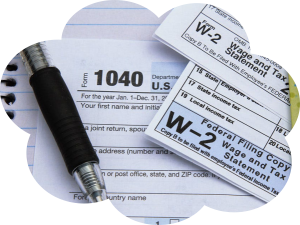
Lenders want to see that you have a steady income and can afford the monthly mortgage payments. They will typically look at your pay stubs, tax returns, and employment history.
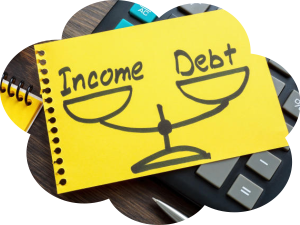
This ratio compares your total monthly debt payments to your gross monthly income. A lower DTI shows lenders you have more room in your budget for a mortgage payment.
The amount of money you need to put down upfront for a conventional loan depends on a few things:

You might be able to snag a house with as little as 3% down payment, but this only applies if your income is at or below 80% of the average income in the area you want to buy (called the Area Median Income or AMI). If you don’t qualify for the 3% option, you’ll need at least 5% to put down.

If you’ve bought a house before, the minimum down payment is 5%, but FHA is still 3.5%

As of November 8th, 2023, you can buy a duplex, triplex, or fourplex to live in yourself with only a 5% down payment (previously 15%)!

If you’re buying a house that won’t be your primary residence, you’ll need at least a 10% down payment.

Investors looking to buy a rental property must make a minimum 20% down payment.
When you get a conventional loan with a down payment less than 20%, there’s an extra insurance your lender might need called PMI, which stands for Private Mortgage Insurance. PMI is insurance that protects the lender in the event of borrower default.

PMI is usually added to your monthly mortgage payment, so it’s important to factor that cost in when budgeting for your new home. The cost of PMI depends on a few things:
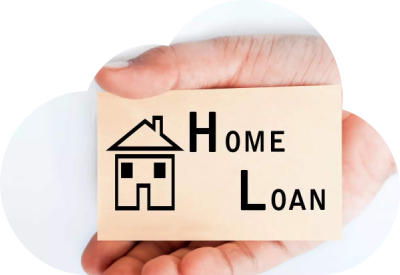
Are you buying a house (purchase) or refinancing your current mortgage? Is your interest rate fixed or adjustable (ARM)? The loan type can affect the PMI cost.

A higher credit score typically means a lower PMI premium.

The bigger your down payment, the lower the PMI cost (or you might not even need it!).

The good news about PMI is that when you have 20% equity, all you need to do is call your mortgage company and request an appraisal. If the home value comes at 80% loan to value, you can say goodbye to your PMI, and it is time to celebrate! You can also pay off your loan until you reach 22% equity, and then your mortgage company will automatically remove PMI from your mortgage loan.
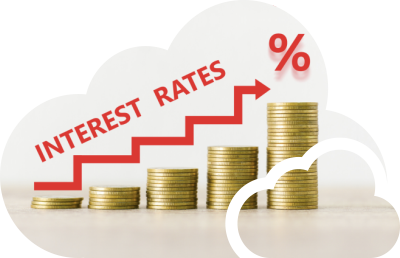
Your credit score plays a significant role in determining your eligibility for a conventional loan. Generally, a minimum score of 620 is required. However, when comparing a conventional loan vs an FHA loan, borrowers with a lower credit score than 720 usually elect to do an FHA loan.
It’s important to consider alternatives for borrowers with credit scores below 720. While conventional loans offer many benefits, their interest rates can become less attractive for those in this range. FHA loans, insured by the Federal Housing Administration, are designed to be more accessible to borrowers with lower credit scores.

In 2023, the conforming loan limit for conventional loans was $726,200. The Federal Housing Finance Agency (FHFA) sets this limit based on its House Price Index, which increases as home prices rise.

On January 1, 2024, the conforming loan limit increased to $766,550 in most of the U.S. In high-cost areas, it increased from $1,089,300 to $1,149,825.
Conforming loans are mortgages that fall within the conforming loan limit. Mortgages that exceed the limit are considered Jumbo loans. Jumbo loans have higher interest rates.

There are maximum loan amounts for conforming loans depending on the type. These limits are set by Fannie Mae and Freddie Mac, which buy mortgages from lenders and influence loan standards. If your loan amount exceeds the conforming loan limit for your area, it’s considered a jumbo loan. Jumbo loans may have stricter qualifying requirements and potentially higher interest rates compared to conforming loans.



VA Loans: Restrict property usage to your primary residence. You cannot use them for second homes or investment properties.
Generally speaking, VA loan interest rates are substantially lower than Conventional loan interest rates. The only drawback to a VA loan is the funding fee, but the Department of Veteran Affairs waives if you receive compensation for service-connected disabilities.

VA Loans: Restrict property usage to your primary residence. You cannot use them for second homes or investment properties.
Generally speaking, VA loan interest rates are substantially lower than Conventional loan interest rates. The only drawback to a VA loan is the funding fee, but the Department of Veteran Affairs waives if you receive compensation for service-connected disabilities.



If you have a strong credit score (above 720) and sufficient savings for a 5% down payment or more, a conventional loan might be ideal. If your credit score falls below 720 or you have a limited down payment, an FHA loan can be a good option. However, be aware of the ongoing mortgage insurance costs.
Conventional loans might be a good fit if you have a strong credit score and a down payment saved. However, it’s wise to research other loan options, and consult a mortgage professional for personalized guidance.
Keywords: Conventional, conventional loan, what is pmi, conventional meaning, fha vs conventional loan, what is a conventional loan, conventional loan vs fha, conventional loan down payment, conventional loan requirements, define conventional, conventional mortgage, conventional loans, conventional loan limits 2023, fha loan vs conventional, fha vs conventional loans, conventional loan calculator, conventional loan rates, fha mortgage vs conventional loan, what does conventional mean, fha loan vs conventional loan, conventional home loan, conventional loan interest rates, conventional vs fha loan, what is conventional financing, what is conventional loan, difference between fha and conventional loan, jumbo vs conventional loan